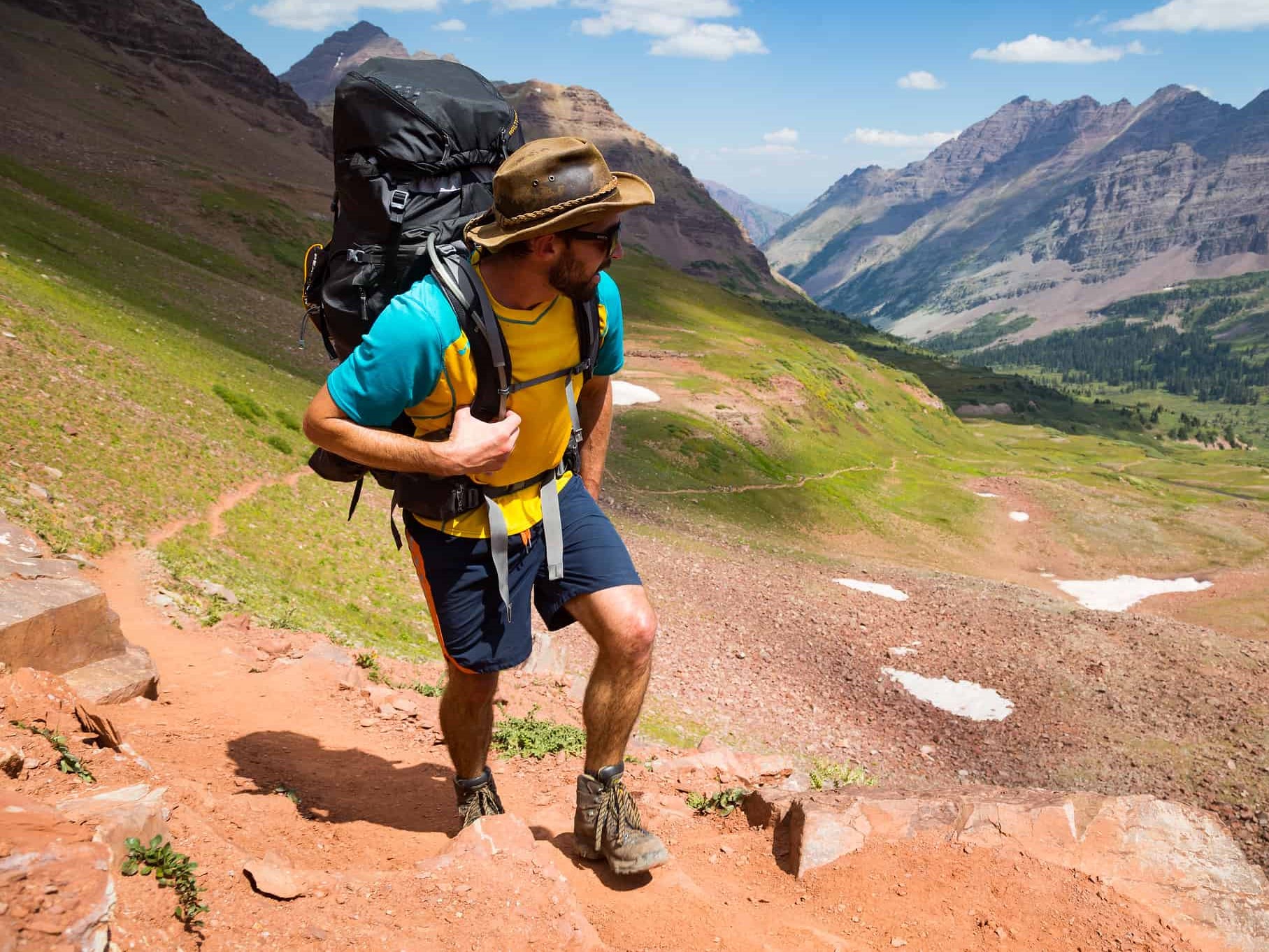You may be familiar with chia seeds if you’re health-conscious or have visited any smoothie bar in the last five years. However, they make the grade for a reason! Chia seeds are jam-packed with health benefits and are quite possibly the best low-calorie source for many essential nutrients.
These tiny seeds contain large amounts of fiber, high-quality protein, essential minerals, and antioxidants. Furthermore, chia seeds are packed with omega-3s, which help reduce inflammation throughout the day (source).
Finally, this seed absorbs up to 12 times its weight in water, which can help your body stay hydrated longer!
And, while these aren’t great for chucking in your mouth during a hike, chia saturated in water or mylk is quite delicious as a ‘pudding.’ Prepare with a 1:10 ratio chia seeds to water and allow to sit for 30 minutes to 2 hours in the refrigerator. We like to add goji berries, blueberries, and chopped almonds for a fantastic mid hike snack.

